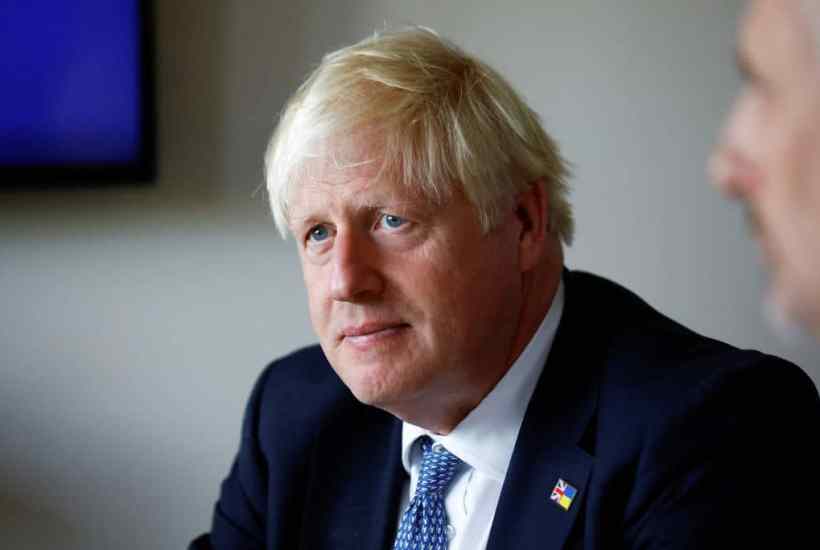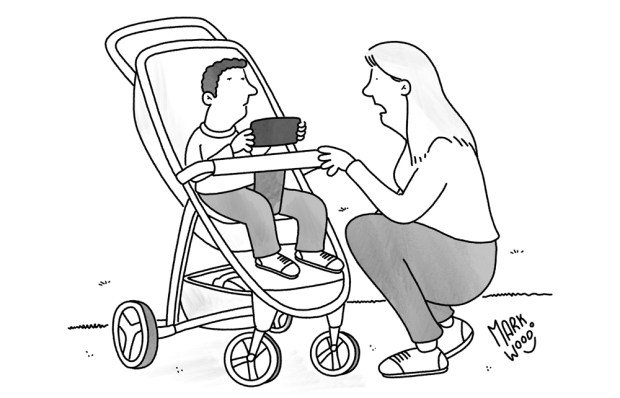Boris Johnson has recently employed the services of the lawyer Lord Pannick, who has given his legal opinion on a House of Commons investigation into Boris Johnson’s partygate comments.
The advice has been published here by the government. It seems to have cost £129,000, which is not expensive, believe it or not, by market rates for someone as eminent as Lord Pannick.
To recap – parliament is proposing to put Boris on trial for the offence of misleading the House. The wrong complained of is when Boris told the House that ‘no Covid rules were broken’ and that the ‘guidance was followed and the rules were followed at all times.’ In other words, that no Downing street parties occurred. The Met police disagreed with Boris (although, I didn’t and don’t). And if the Met are right then Boris made an error of law. The Committee of Privileges is investigating though whether a mistake can ever be a lie, and has said that it does not need to prove that Boris intended to lie to find that contempt was committed in the House.
Lord Pannick has considered this and his conclusion is here:
‘For the reasons set out above, we advise Mr Johnson that the Committee is proposing to proceed by reference to substantive errors as to the ingredients of contempt and the standard of proof required, and is proposing to adopt an unfair procedure.’
So, unless the committee can prove that Boris intended to lie about the parties, the answer to the question, ‘Did Boris mislead the House?’, is no. A court would very likely agree with Lord Pannick – I did. But Lord Pannick goes further and also says that the procedure the committee is using is itself unfair – so they’ve got the law wrong and got the procedure wrong. Courts work very hard to get you a fair trial – parliament is failing to give Boris one.
Is this game over for the case against Boris then? No.
Because the Bill of Rights of 1688 cuts the courts and law out of parliament’s business. You see the courts were, and always have been, royal. So for parliament to function freely and the democracy we now know to flourish – lawyers and courts couldn’t be trusted to interfere. Given the role heavily politicised lawyers have played in causing their own drama in recent years, you can follow the logic. But in any event democracy flourished – law did too. But fast forward to 2022 and you have an interesting problem.
A committee member has tweeted that Lord Pannick’s advice will be considered on Wednesday. But will the committee ignore Lord Pannick?
‘Can they?’ is actually the first question of law. And the answer is yes. And that too was the conclusion of Lord Pannick. He said:
‘But for parliamentary privilege, a court hearing a judicial review application brought by Mr Johnson would declare the Committee’s Report to be unlawful.’
The crucial bit is the ‘but for’ – it essentially says ‘the Bill of Rights of 1688 means that parliament can do this if it wants to’.
There is no legal doubt in my mind, or in Lord Pannick’s, as to what law, justice or what you just know as ‘fairness’ needs though. Please read his opinion to be certain. It needs the House of Commons to follow the law.
A tyrant is a ruler who rules outside the rule of law. Outside the rule of law, rules and laws are arbitrary. They are capricious and they change. They are made up on the spot. They are disproportionate. They apply differently to people based on whim. Justice needs the Commons committee members to not be tyrants.
But in our constitution this parliamentary committee is free, as law, to be a tyrant. Because the Bill of Rights means the judges and the courts cannot get involved with its inquiry. No one can, in my view, seriously doubt that the court would send this case against Boris Johnson packing – but it can’t hear the case. The one place in our land that can house a tyrant is the houses of parliament.
You and I are, for now, protected by the rule of law. We are protected by rights and we are not parliamentary business – unless of course, parliament chooses to say we are. Boris is the one man in our country who is possibly outside justice today. The committee can as law do this if it chooses. Should they? That’s where you come in, because the ultimate guardians of our constitution, of our nation, are not lawyers – they are you. Voters protect the houses of parliament from falling into tyranny. The question now is whether it does? And what will you think of it?
Got something to add? Join the discussion and comment below.
Get 10 issues for just $10
Subscribe to The Spectator Australia today for the next 10 magazine issues, plus full online access, for just $10.




















Comments
Don't miss out
Join the conversation with other Spectator Australia readers. Subscribe to leave a comment.
SUBSCRIBEAlready a subscriber? Log in